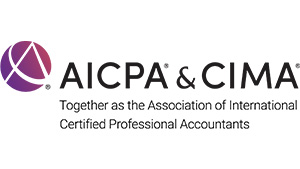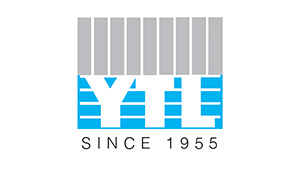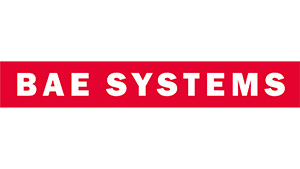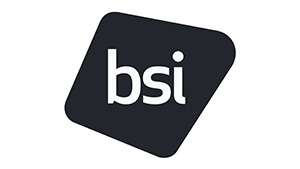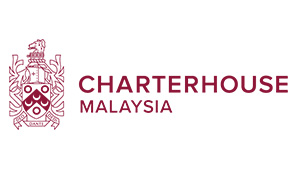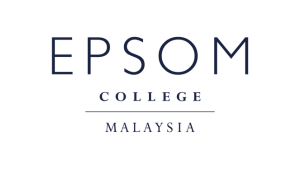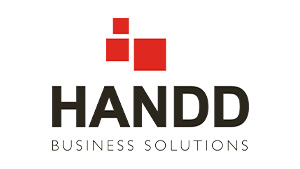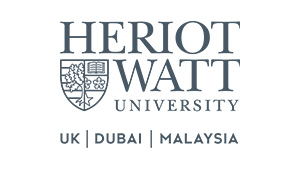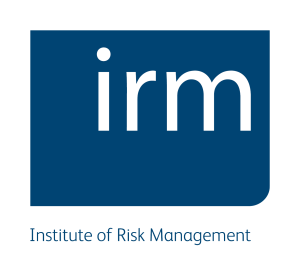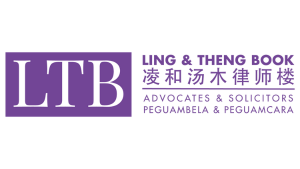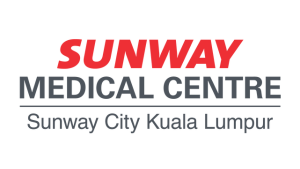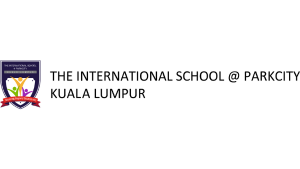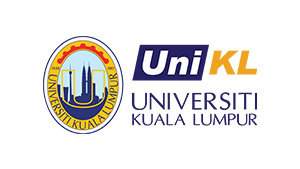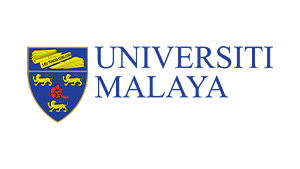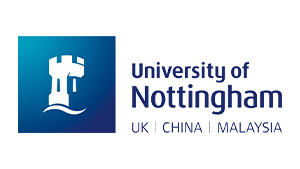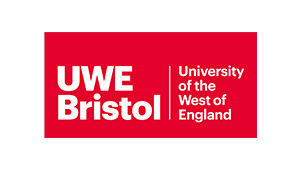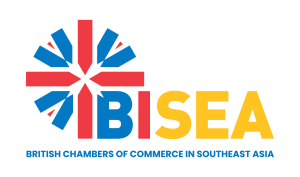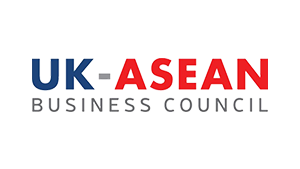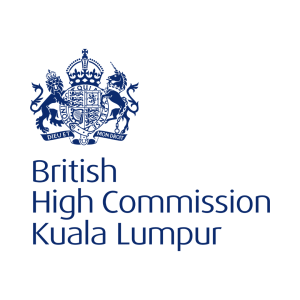Sugeeta R. Bhanoo, Director, BAE Systems
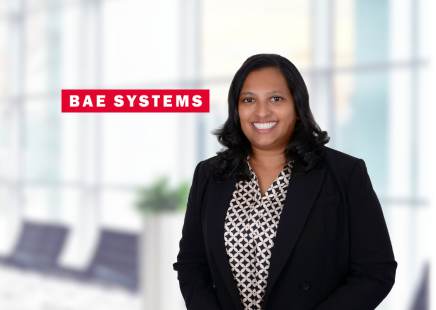
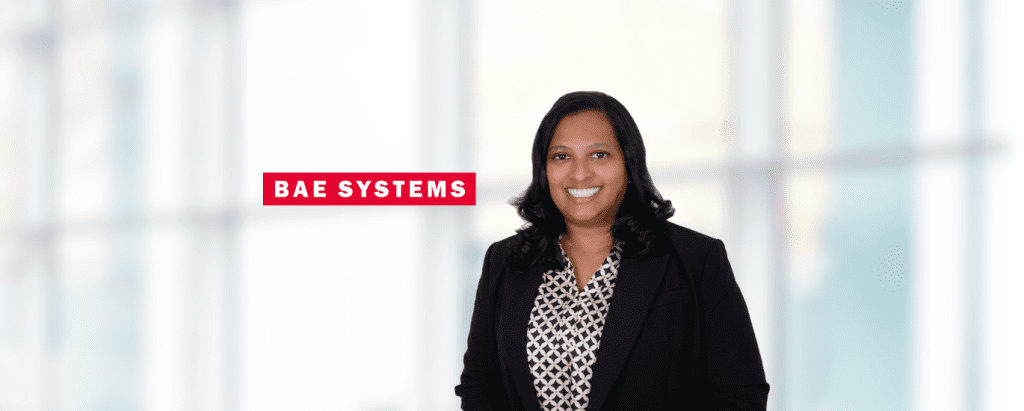
BAE Systems has been in Malaysia for more than 50 years. Our first entity was incorporated in 1972, and since then we have created a number of entities to support our products and services in the defence, aerospace and cyber domains in Malaysia.
Digital Intelligence is home to digital, cyber and intelligence experts and has been in Malaysia for more than 10 years, previously known as Applied Intelligence. In our KL office, we have over 200 employees who are specialised in Engineering, Cyber Security and Shared Services.
Our teams provide advanced digital capability, products and solutions that weave together digital threads of data so that customers get the vital insight they need. From the fine details to the bigger picture, Digital Intelligence provides the power of perspective to confidently make the critical decisions that keep our societies safe and able to thrive.
What are some of your organisation’s proudest moments/milestones in Malaysia?
BAE Systems is dedicated to supporting the Malaysian Government’s mission to protect the nation and its citizens. As a Malaysian Digital Company, we are proud to have created high-tech job opportunities for Malaysians, driving innovation and economic growth both locally and across the region. 70% of our staff are in the engineering domain, with 85% of them being Malaysian, reinforcing our commitment to local talent and expertise.
BAE Systems has a strong history of supporting STEM, Diversity, Equity, and Inclusion (DE&I) initiatives both in Malaysia and globally. In 2019, we became the first company in Malaysia to certify staff as Mental Health First Aiders, and to date, we have trained 15% of our workforce, with a focus on empowering leaders to better support their teams. In 2020, we partnered with Pandu Puteri Malaysia to launch the Girl Guides ‘Gear Up’ badge, inspiring young girls to explore engineering. We have also supported the University of Nottingham Malaysia through guest lectures and research collaborations, including a 2021 project on Unsupervised Machine Learning.
We are also proud of our commitment to diversity, with 42% gender diversity split in our KL office. Our focus on DE&I has resulted in 40% female representation within our workforce, including a growing number of young female engineers. In 2025, we will launch the Digital Guardian School Outreach Programme, furthering our dedication to promoting STEM education and digital safety.”
Describe your operations and total investments in Malaysia to date.
BAE Systems is one the largest defence companies in the world. We have around 100,000 staff in more than 40 countries, across covering all five domains: air, maritime, land, cyber and even space.
The Global Delivery Centre (GDC) in KL was established in 2013 to support the development and investment in software engineering and cyber skills needed to support our product lines. In addition, the KL GDC provides global offshore and regional delivery services to APAC clients, as well as housing the local sales and delivery activities for our Malaysian customers.
The KL GDC is also our largest footprint outside of UK providing high tech jobs underpinning the Malaysian digital economy. All services are rendered globally with particular focus in the UK and US.
Based on your overall experience of doing business in Malaysia, name the advantages and challenges of doing business in Malaysia.
Malaysia offers several advantages for businesses, including its strategic location in the APAC region, providing access to key markets like Singapore, and Japan. The government supports international businesses through incentives like the Malaysia Digital, which reduces the cost of entry and setup for companies in the tech and digital sectors. Malaysia also provides access to a diverse and skilled workforce, combining local talent with a broader regional labour pool from Indonesia and Philippines. The country’s strong infrastructure, including modern transportation, communication, and digital services, further supports business operations and growth, while its cultural diversity opens opportunities to cater to a wide range of consumer segments.
While the workforce is skilled, businesses in specialised fields may face difficulties in finding the right talent. Language barriers can also arise, as Bahasa Melayu is the official language, though English is widely spoken in business settings.
While Malaysia is making progress in improving cyber security awareness and strengthening data privacy laws, there are still some challenges for cyber security companies. This presents an opportunity for businesses to actively contribute to raising awareness and driving stronger compliance across the industry.
Despite recent government efforts, we have encountered challenges with unclear, frequently changing and complex regulations. These factors can sometimes slow down business setup and operational processes.
What did you do or are still doing to overcome these challenges?
We train and upskill young talent by offering graduate programs with attractive remuneration schemes. Additionally, we utilise the government’s HRDF fund to ensure continuous learning opportunities for our employees. Our policies are designed to keep attrition low and support the long-term development of our workforce.
To overcome language barriers, we provide language training for our staff and make communication tools accessible to everyone. We also prioritise fostering a culturally inclusive work environment to improve team collaboration and enhance employee engagement. This ensures operations run smoothly and effectively across our diverse teams.
Navigating regulatory complexity can be challenging, and while working with legal and compliance experts adds additional costs, we believe it is worthwhile as it helps us avoid potential issues down the line. To ensure we remain informed on local laws and regulations, we also work closely with government agencies like MDEC and TalentCorp. This proactive approach helps mitigate risks and ensures smooth operations, even in a complex regulatory environment.
As a company operating in the highly sensitive cyber security and defence domain, investing in secure infrastructure is critical for us. We ensure that both our physical and digital infrastructure meet the highest standards to mitigate cybersecurity risks. In addition, we require our partners and suppliers to adhere to robust cyber security policies, which allows us to operate with confidence in a secure environment. The recent introduction of Malaysia’s Cybersecurity Act is a positive step forward, as it strengthens the regulatory framework for secure operations. For companies like ours, this emphasis on policy development and enforcement provides us with greater assurance that our operations will remain secure and compliant, particularly in the areas of cyber security and data protection.
How has your business evolved during this pandemic, especially in terms of optimisation of human and technology resources?
We’ve adopted flexible working policies, including the digitisation of our backend processes to support remote work. In Malaysia, we offer maternity and paternity leave that exceeds local market and labour law requirements. Even before the pandemic, we implemented hybrid working policies, allowing employees to work full-time from home as needed, particularly young parents. Our hybrid approach is now guided by both team and individual preferences, considering role requirements, customer needs, and business objectives. To support the transition, we provided allowances for home office setups, ensuring employees could work comfortably and productively from home.
What are the top 3 reasons for your organisation joining the BMCC?
Joining the BMCC offers UK headquartered businesses like ours valuable networking opportunities in Malaysia. It connects companies with local businesses, facilitating partnerships and helping to establish a strong presence within the Malaysian market.
The BMCC also advocates for UK businesses by supporting them with insights into local regulations, policies, and market dynamics. It provides guidance on navigating the complexities of operating in Malaysia and connects businesses with key government ministries and agencies, ensuring that the voice of international companies is heard.
Additionally, the BMCC offers resources, events, and initiatives designed to foster business growth. Membership helps UK businesses increase their visibility, access business development opportunities, and expand their operations in Malaysia.
What is the top value you see for yourself or your organisation in being a member of the BMCC?
The top value of being a member of the BMCC is the ability to connect with a broad network of businesses, government ministries, and key decision-makers, both in Malaysia and the UK. Under Jennifer’s leadership, the BMCC has strengthened its role in supporting members by providing even more opportunities for growth and collaboration. This network offers invaluable opportunities for partnerships, business growth, and access to insights on navigating local regulations, which are essential for successfully operating in the Malaysian market.
In one sentence, how would you describe your own experience or your organisation’s experience as a member of the BMCC?
Being a member of the BMCC has provided us with great networking opportunities, access to key government contacts, and valuable insights into the Malaysian market.

